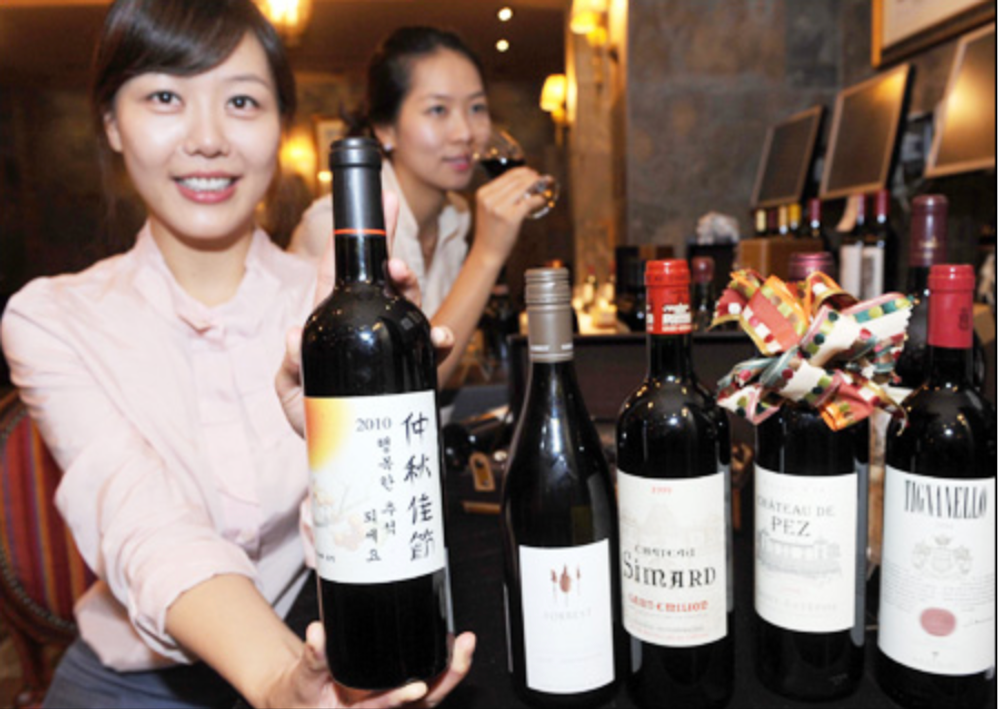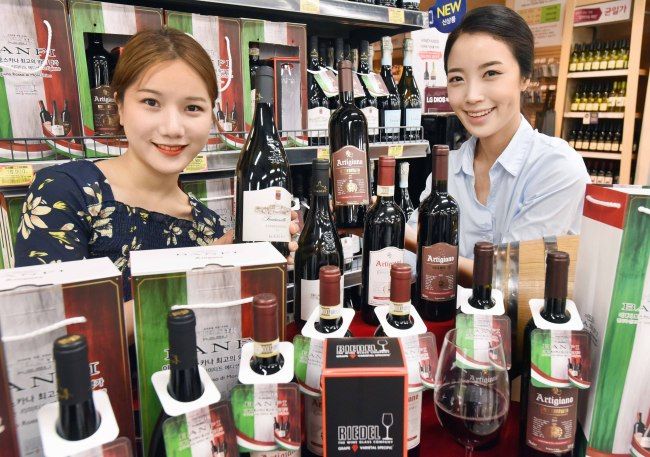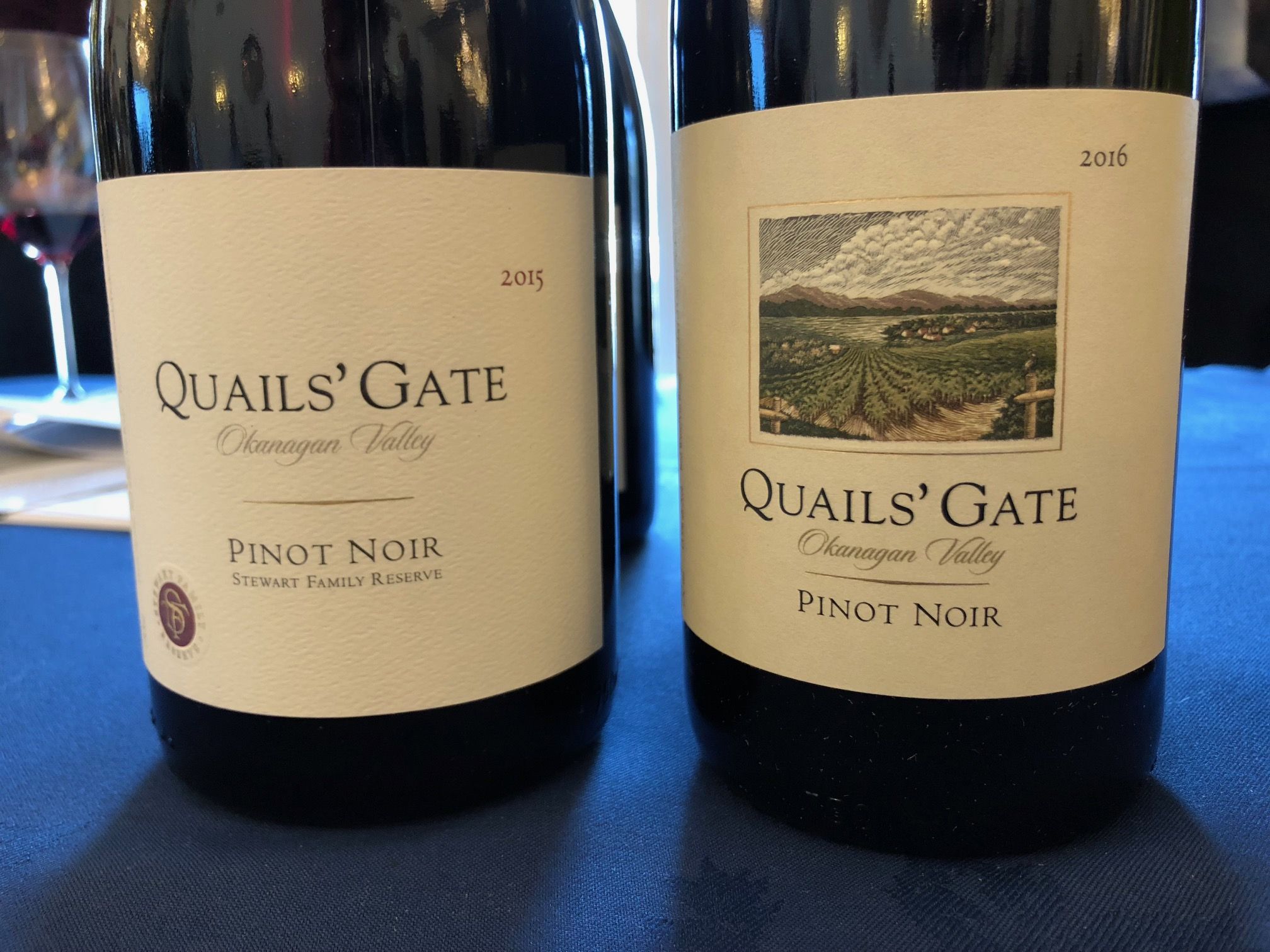Francesca Martin and Polly Aylwin-Foster, directors of Nimbility, explain why wine and drinks brands should set their sights on South Korea.
The Korean Wave, or Hallyu, which is the Chinese term used to describe the global popularity of South Korea’s cultural economy exporting pop culture, entertainment, music, TV dramas and movies, is showing no signs of slow down. Quite the opposite in fact.
What started with K-Pop’s PSY and his international hit single ‘Gangnam Style’ more recently exploded with the success of BTS, the most popular boy band there has ever been.The 2020 Oscars saw records broken when the most sought after Best Picture award was presented to a non-English speaking film, Parasite, a South Korean movie that also bagged Best Director, Best Original Screenplay and Best International Film awards.

The influence of South Korea is spreading across the world with cultural phenomenons like Squid Game on Netflix
And then in 2021, the almighty Squid Game flashed across our screens. The most watched show on Netfilx broke all records, not just for being the most watched show of 2021, but for being the most watched show ever on Netflix.
Demand for wine
As South Korea’s cultural economy firmly imprints itself across the globe, another phenomenon is building within South Korea itself – a rapidly expanding market for imported wines.
The reasons for this have been widely reported and include two major contributing factors. First, the government’s relaxation in mid-2020 of laws surrounding the purchase of alcohol online in response to Covid-19 disruption. While the law currently only permits online alcohol purchases to be collected from a retail store or restaurant rather than delivered direct to home, it has coincided nicely with the second major factor feeding into the growth of imported alcohol consumption – the boom in home consumption caused by Covid-19 restrictions.
A third important factor has been then increased accessibly of product information, for the most part via smartphones, enabling consumers to make their own informed choices, eliminating the need for guesswork at supermarket shelf or possibly an intimidating experience at a specialist store.

Home consumption of alcohol and particularly wine has boomed during Covid-19
Also working in wine’s favour has been a skew, particularly amongst educated, urban consumers, towards lower alcohol options, where wine saw a big surge in popularity as it was embraced as the drink to enjoy at home during the Covid lockdowns.
According to IWSR figures, still wine volume consumption grew by over 20% in 2020 and both still and sparkling wines are expected to continue on their growth trajectory through to 2025. In addition, South Korea benefits from a high GDP per capita, relatively low unemployment rate and low corruption, especially when compared to other emerging APAC wine markets. All good news then for wine producers looking to get into the market.
New import opportunities
Nevertheless, the barriers to entry can be complex to navigate. The major established importers are extremely difficult to penetrate, as in any market, but the result of this boom in demand has led to high numbers of new import companies springing up, bringing opportunities. However, it is important to proceed with caution as many of these may not have a track record nor significant contacts in the trade and we have seen several close within the first two years. On top of this is the language barrier, cultural differences, and relatively complicated paperwork to contend with.

Its stars and celebrities and major brands that are dominating the wine scene in South Korea
Moreover, well-known brand names are currently dominating the market as opposed to countries of regions of origin, thus there is still a way to go in terms of diversification and smaller players being able to infiltrate successfully. Nimbility has witnessed this firsthand particularly within the spirits sector with Transbev recently taking Bob Dylan’s whiskey Heaven’s Door, and Celts taking Maison Mirabeau’s Gin. Lotte, one of South Korea’s largest food and drink producers and distributors, took on Terroir Al Limit in 2020 and have quickly become one of the estate’s leading customers. The demand for icon or well recognized brands is clear to see.
Concurrently, there appears to be a shift in drinking culture, from collectivism where the older generation would regard alcohol consumption as a group activity, to a new found individualism being driven by younger consumers drinking at home, either alone or with friends, but with an emphasis on taste-led drinking and appreciation.
The purchasing behaviour of consumers is more and more being centred around the concept of taking good care of oneself and treating oneself to everyday luxuries, a greater demand for emotional branding where the brand story is equally as important as the product itself, the desire for unique experiences and personalized offers, and the rapid expansion of online and mobile shopping. Digital channels are further enhancing the ability for consumers to share their drinking experiences online through photos, videos, tasting notes, product information and tips on where to buy.
To this end, industry veteran David Lucas, advisor to chairman at Drinks International, believes that premiumisation will play a large part in the future of the wine category in Korea: “Korea is a relatively wealthy country, brands and high-quality matters – as the demand grows so too will the demand for better wine labels.”
On the 18 April 2022 the government removed the last of the Covid social distancing measures and there is a feeling of a high degree of ‘Normality’ returning – already noticeable in a rapid surge of whisky sales. Drinking alcohol is deeply imbedded in the South Korean culture both socially and for business and so we may see a slowdown in wine growth as the country recalibrates in the aftermath of two years of the pandemic.
Nevertheless, these dramatic market shifts in South Korea, both from a legislative and consumer trends perspective are all reasons for wine producers to be putting South Korea on their radars, if it isn’t already.
- Nimbility is a specialist marketing and trade agency that works with leading wine and spirits producers in distributing and promoting their products across China and the main Asian markets. You can find our more about them here.
- If you would like to find out more you can contact Nimbility’s founding partner Francesca Martin on chess@nimbilityasia.com.









































